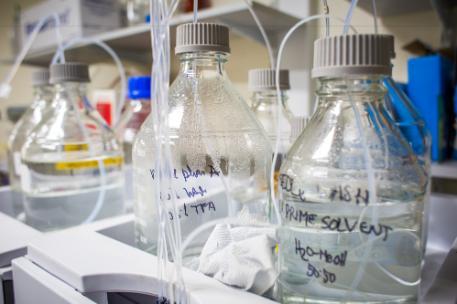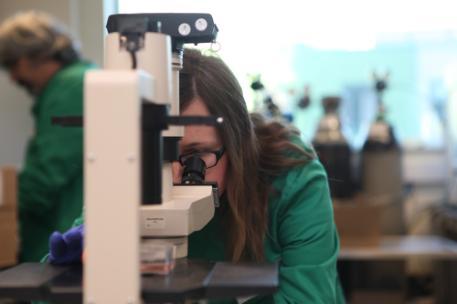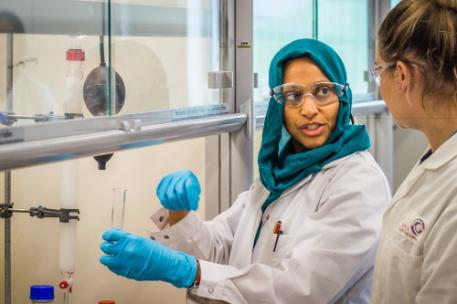Institute of Cancer Therapeutics
The Institute of Cancer Therapeutics (ICT) is a multidisciplinary team of researchers at the University of Bradford working together to research, develop and commercialise new cancer treatments.
We are one of only a few centres in the UK with the research tools and expertise in-house to progress anticancer medicines and biomarkers from concept to clinic.
Welcome from the Director
I welcome you to the Institute of Cancer Therapeutics (ICT), the home of multidisciplinary teams working together to make fundamental discoveries and take them to the clinic.
Bradford has a proud history of cancer research dating back to the 1950s, with some of the earliest clinical trials for chemotherapy in breast cancer undertaken by George Whyte-Watson and Robert Lowry-Turner at Bradford Royal Infirmary. Today in the era of precision medicine, we are focused on targeted cancer therapeutics, and are using our skills and experience in medicinal chemistry, drug discovery, preclinical pharmacology, drug metabolism and pharmacokinetics, and cell and molecular biology as we develop new treatments and diagnostics from concept to clinic.
The ICT is world-renowned for cancer research, training, and partnerships with industry. We are located in a purpose-built facility carrying over 30 years’ experience in preclinical anticancer drug development. We routinely perform laboratory analysis for ongoing cancer clinical trials principally through St James Hospital (Leeds). Our hospital links also include the Bradford Royal Infirmary and the Royal Hallamshire (Sheffield). We boast an international network of collaborators that includes Universities at Stanford, Harvard, Oxford and Cambridge.
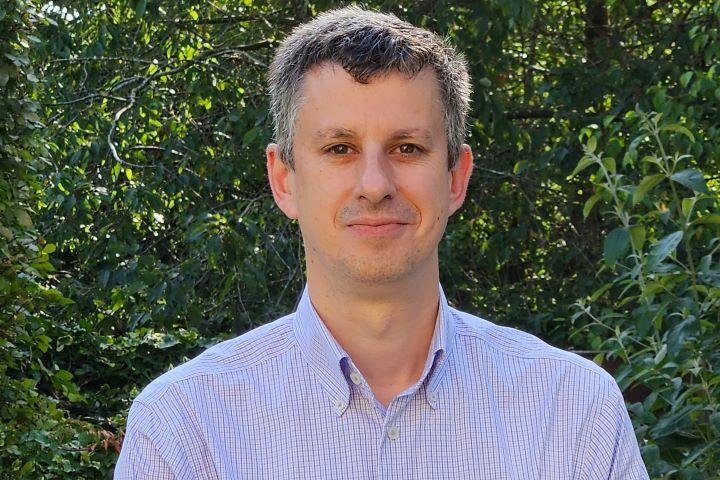
Professor Robert Falconer, Director of the Institute of Cancer Therapeutics
Whether you are a commercial organisation looking for high-quality services with experienced academic input, a student seeking first-class cancer research training, or a scientist wishing to be immersed in a stimulating and nurturing environment – please get in touch: we look forward to working with you.
Professor Robert Falconer, Director of the Institute of Cancer Therapeutics
Contact the Institute of Cancer Therapeutics
The Institute of Cancer Therapeutics are happy to answer all general enquiries, business enquiries, discuss research, or training needs.
A word from the PVC Research & Innovation
"The ICT is one of the cornerstones of research at the University of Bradford, showcasing the power of collaborative and interdisciplinary work. As a former ICT Director (2020-24), I’ve seen firsthand how the team’s expertise is driving innovation in cancer biology, targeted cancer therapies and diagnostics with real-world impact. Recent breakthroughs include a new breast cancer diagnostic, new partnerships, and exciting IP developments in integrin antagonists, combating cancer dormancy and recurrence, duocarmycin payloads, and targeted prodrugs. Our spin-out company, Incanthera plc, continues to thrive and expand, underscoring the success of ICT’s research-driven approach."

Professor Sherif El-Khamisy PVC Research and Innovation
Networks and Partners
The Institute of Cancer Therapeutics has many research collaborations and industry partnerships that span all our research capabilities. Some of our key research partnerships are outlined below:
- Bone Cancer Research Trust (funding)
- Breast Cancer Now (funding)
- Worldwide Cancer Research (funding)
- Neuroblastoma UK (Funding)
- Academy of Medical Sciences Springboard (funding)
- UK-India Education and Research Initiative [UKIERI] (funding)
- Masonic Charitable Foundation (funding)
- St James's University Hospital, Leeds NIHR Clinical Research Facility (Partner)
- Bradford Teaching Hospitals Foundation Trust (collaborator)
- Ethical Tissue (Spin-out)
- Incanthera plc (Spin-out)
Meet the academic team
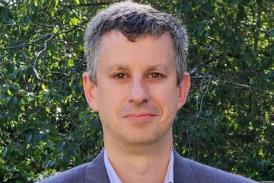
Director of the Institute of Cancer Therapeutics

Honorary Professor
Professor of Drug Metabolism and Pharmacokinetics

Professor and PVC of Research and Innovation

Professor of Chemical Biology & YCR Group Leader
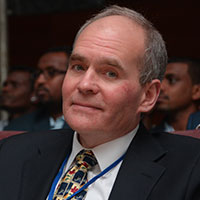
Reader in Medicinal Chemistry

Reader in Pharmacology
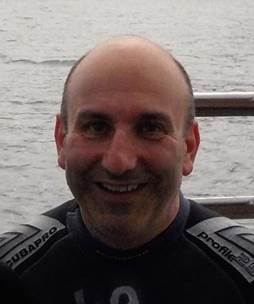
Associate Professor in Tumour Biology

Assistant Professor in Organic and Medicinal Chemistry
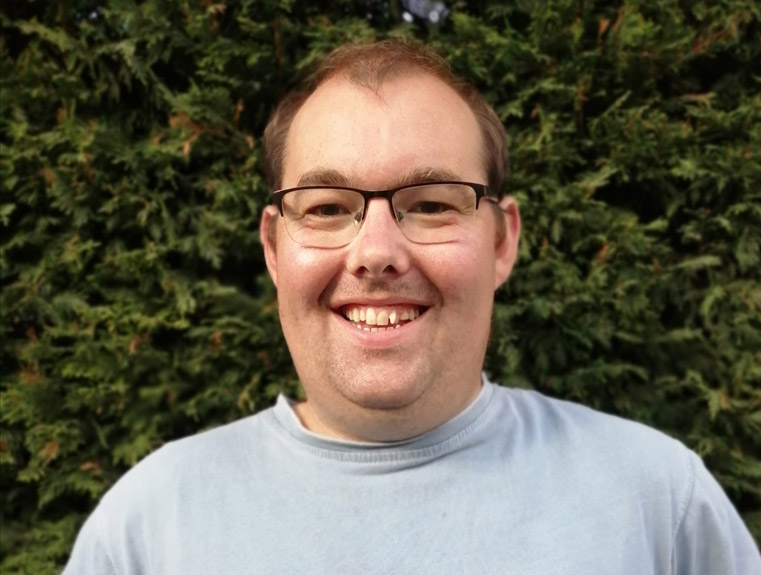
Assistant Professor in Drug Metabolism and Medical Biochemistry
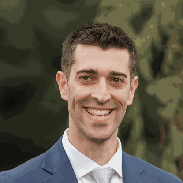
Assistant Professor in Molecular Biology

Assistant Professor in Biochemistry and Pharmacology

Assistant Professor in Pharmacokinetics

Assistant Professor in Cell and Molecular Biology

Dr Ethan Perkins
Lecturer in Cancer Biology & Therapeutics

UoB STARTER Research Fellow at the ICT

Lecturer in Medicinal Chemistry

Emeritus Professor of Drug Discovery
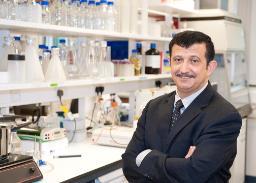
Visiting Professor
Meet the business team

Business Development Manager
Getting in touch with the Institute of Cancer Therapeutics
- General Enquiries: [email protected]
- Postgraduate Training: [email protected]
- Postgraduate Research: [email protected]
- Business Enquiries: [email protected]
Our address is:
Institute of Cancer Therapeutics
University of Bradford
Richmond Road
Bradford
West Yorkshire
United Kingdom
BD7 1DP

